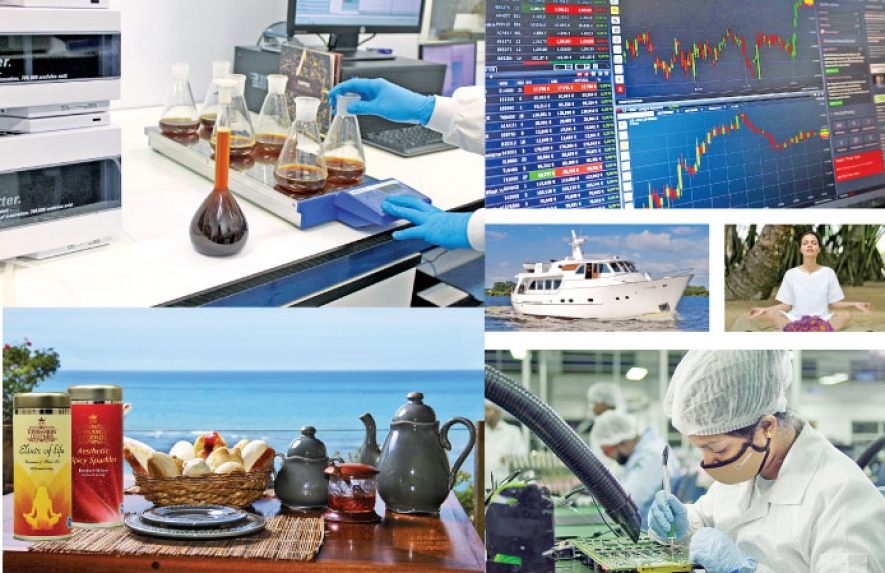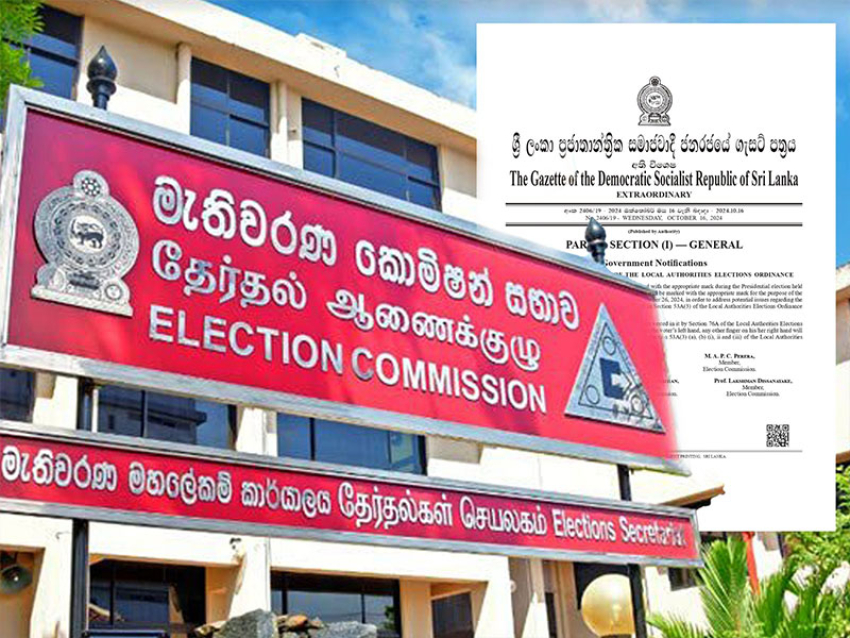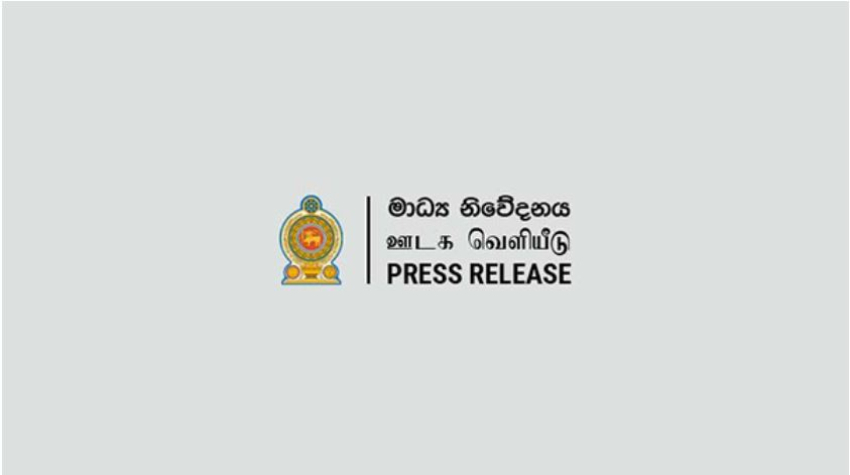The NES priority sectors have been selected to ensure a balanced export expansion from visionary, emerging and mature sectors. In line with the objectives of the NES for an innovative and diversified export sector, the national stakeholders, using quantitative and qualitative information, have selected the following industries: IT-BPM, Spices & Concentrates, Wellness Tourism, Processed Food & Beverages, Boat-building, and Electrical & Electronic machinery.
The NES will improve the business environment for all Sri Lankan enterprises. While the NES provides the conditions to enable diversification by strengthening emerging sectors, all export industries of Sri Lanka will benefit from the increased performance of key Trade Support Functions. These include Logistics, National Quality Infrastructure, Innovation and Entrepreneurship, and Trade Information and Promotion.
The approving of the NES highlights the strong commitment of the Government to increase Sri Lanka’s export potential to project Sri Lanka as the next regional trade hub. The approval by Cabinet now paves the way for the launch of the NES which will take place in July 2018.
With approval from the Cabinet, Sri Lanka now has the opportunity to catch up with fast-growing Asian exporting countries. The NES aims to empower the emergence of new champions while supporting growth of traditional export industries. Major systemic issues hindering the rapid expansion of Sri Lanka’s exports will be corrected to favour growth of higher-technology and knowledge-intensive exports, which are less vulnerable to cost shifts. The NES is a flagship development project spearheaded by the Ministry of Development Strategies and International Trade (MODSIT) and the Sri Lanka Export Development Board (EDB) together with public private partnership.
Commenting on the approval by Cabinet, Minister of Development Strategies and International Trade Malik Samarawickrama stated that, “The focus of the Government is to shift the economic growth model from one that was heavily dependent on debt fuelled public infrastructure spending, to growth driven by more public enterprises, exports and foreign direct investment” Complementing the words of Minister Samarawickarama, State Minister Sujeewa Senasinghe at the MoDSIT said, “As Sri Lanka’s export basket diversifies and with renewed interests in newer products in the local markets, trade information and promotion will help to market Sri Lanka to foreign investors. I am confident therefore that the National Export Strategy will have a tangible role in attracting more Foreign Direct Investment to Sri Lanka.”
Working closely with the EDB and other public-private stakeholders in the run up to Cabinet approval of the NES was Chandanie Wijayawardhana, Secretary to the MODSIT who was confident that “The National Export Strategy will have a tangible impact on how trade is being done in Sri Lanka and will give way to suitable trade reform.” The National Export Strategy is well aligned with, complements and operationalises other national initiatives such as enterprise Sri Lanka and Vision 2025. Vision 2025 seeks to create a Blue-Green economy, harnessing the resources of the ocean surrounding us and the green environmental resources around us.
The National Export Strategy is reinvigorating the trading environment and maximising its potential to usher in a period of sustained growth, aimed at increasing livelihoods for millions of Sri Lankans. The NES is navigating Sri Lanka to its rightful place in the Indian Ocean, as a sophisticated, innovative and dynamic trade hub serving Asia and beyond.
.



















